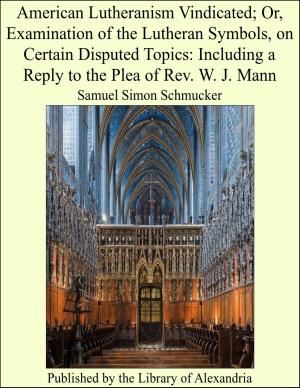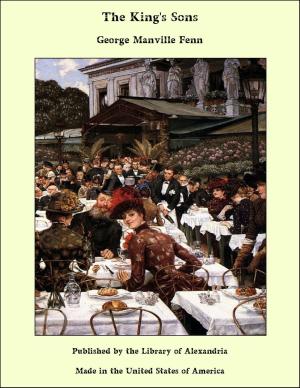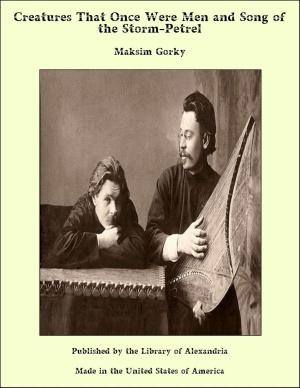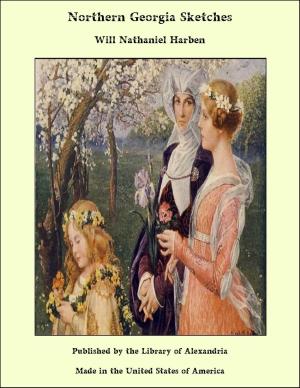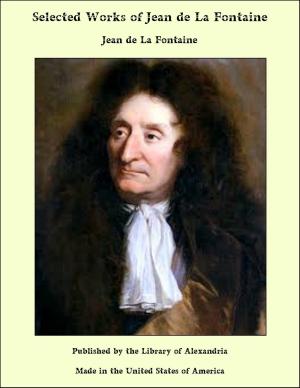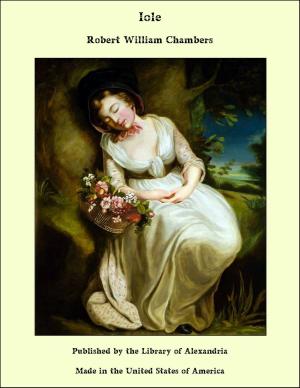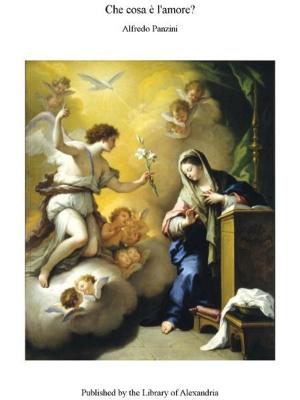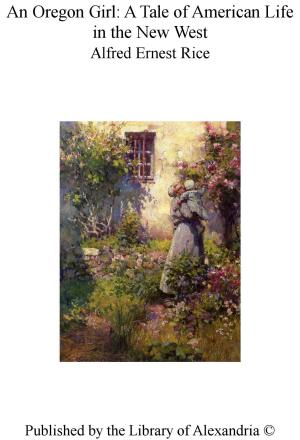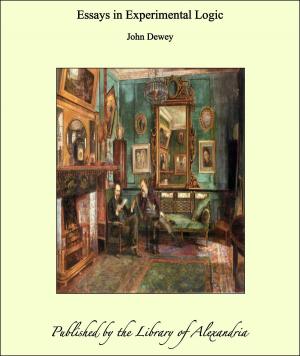| Author: | Frank Harris | ISBN: | 9781465588050 |
| Publisher: | Library of Alexandria | Publication: | March 8, 2015 |
| Imprint: | Language: | English |
| Author: | Frank Harris |
| ISBN: | 9781465588050 |
| Publisher: | Library of Alexandria |
| Publication: | March 8, 2015 |
| Imprint: | |
| Language: | English |
This book has grown out of a series of articles contributed to "The Saturday Review" some ten or twelve years ago. As they appeared they were talked of and criticized in the usual way; a minority of readers thought "the stuff" interesting; many held that my view of Shakespeare was purely arbitrary; others said I had used a concordance to such purpose that out of the mass of words I had managed, by virtue of some unknown formula, to re-create the character of the man. The truth is much simpler: I read Shakespeare's plays in boyhood, chiefly for the stories; every few years later I was fain to re-read them; for as I grew I always found new beauties in them which I had formerly missed, and again and again I was lured back by tantalizing hints and suggestions of a certain unity underlying the diversity of characters. These suggestions gradually became more definite till at length, out of the myriad voices in the plays, I began to hear more and more insistent the accents of one voice, and out of the crowd of faces, began to distinguish more and more clearly the features of the writer; for all the world like some lovelorn girl, who, gazing with her soul in her eyes, finds in the witch's cauldron the face of the belovèd.
This book has grown out of a series of articles contributed to "The Saturday Review" some ten or twelve years ago. As they appeared they were talked of and criticized in the usual way; a minority of readers thought "the stuff" interesting; many held that my view of Shakespeare was purely arbitrary; others said I had used a concordance to such purpose that out of the mass of words I had managed, by virtue of some unknown formula, to re-create the character of the man. The truth is much simpler: I read Shakespeare's plays in boyhood, chiefly for the stories; every few years later I was fain to re-read them; for as I grew I always found new beauties in them which I had formerly missed, and again and again I was lured back by tantalizing hints and suggestions of a certain unity underlying the diversity of characters. These suggestions gradually became more definite till at length, out of the myriad voices in the plays, I began to hear more and more insistent the accents of one voice, and out of the crowd of faces, began to distinguish more and more clearly the features of the writer; for all the world like some lovelorn girl, who, gazing with her soul in her eyes, finds in the witch's cauldron the face of the belovèd.

